The Symbolism of the Full Moon in Different Cultures
The full moon has captivated and intrigued humans for centuries, its luminous glow a source of inspiration and wonder. Throughout different cultures, the full moon holds significant symbolism, representing various meanings and beliefs. Let’s explore the diverse interpretations of the full moon across different cultures worldwide.
The Full Moon in Native American Culture
In Native American cultures, the full moon is deeply connected to the natural world and its cycles. Each full moon has a special name, corresponding to the specific time of the year and the significant events that often take place during that time. For example, the full moon in January is called the “Wolf Moon,” symbolizing the howling wolves during the harsh winter months.
The symbolism of the full moon in Native American culture varies among tribes. Generally, it represents a time of heightened spiritual energy and serves as a reminder of the interconnectedness between humanity and nature. It is often associated with rituals, prayers, and ceremonies to harness its potent energy for healing and transformation.
The Full Moon in Chinese Culture
In Chinese culture, the full moon holds great significance, especially during the Mid-Autumn Festival, also known as the Moon Festival. Celebrated on the 15th day of the eighth lunar month, the Moon Festival is a time of family gathering and moon appreciation.
The full moon during this festival symbolizes unity and togetherness. Families and friends come together to appreciate the moon’s beauty, share mooncakes, and exchange blessings. The full moon serves as a symbolic representation of the reunion of loved ones and the importance of family ties.
The Full Moon in Greek Mythology
In Greek mythology, the full moon is associated with the lunar deities, Artemis and Selene. Artemis, the goddess of the hunt, is often depicted with a crescent moon on her forehead, symbolizing her connection to the lunar cycles. Selene, the Titan goddess of the moon, is believed to drive her moon chariot across the night sky during the full moon.
The full moon in Greek mythology represents feminine power, intuition, and the mystical forces of nature. It is a symbol of illumination and enlightenment, bringing hidden truths and deeper understanding to those who seek wisdom.
The Full Moon in Hindu Culture
In Hindu culture, the full moon is associated with many auspicious celebrations and rituals. One such celebration is the festival of Holi, also known as the Festival of Colors. Celebrated during the full moon in the month of Phalguna, Holi signifies the arrival of spring, new beginnings, and the triumph of good over evil.
The full moon during Holi is seen as a symbol of divine blessings and abundance. It is a time of joy, playfulness, and renewal. People come together to throw vibrant colored powders and water at each other, symbolizing the breaking of barriers and fostering a sense of unity and equality.
The symbolism of the full moon transcends geographical boundaries and cultural differences. It connects humanity on a deeper level, reminding us of our shared fascination with the celestial bodies and our desire to find meaning in their cycles. Whether it’s through Native American rituals, Chinese family gatherings, Greek mythological stories, or Hindu festivities, the full moon continues to inspire and ignite our imagination, offering us a glimpse into the infinite wonders of the universe.
The Connection Between the Full Moon and Human Emotions
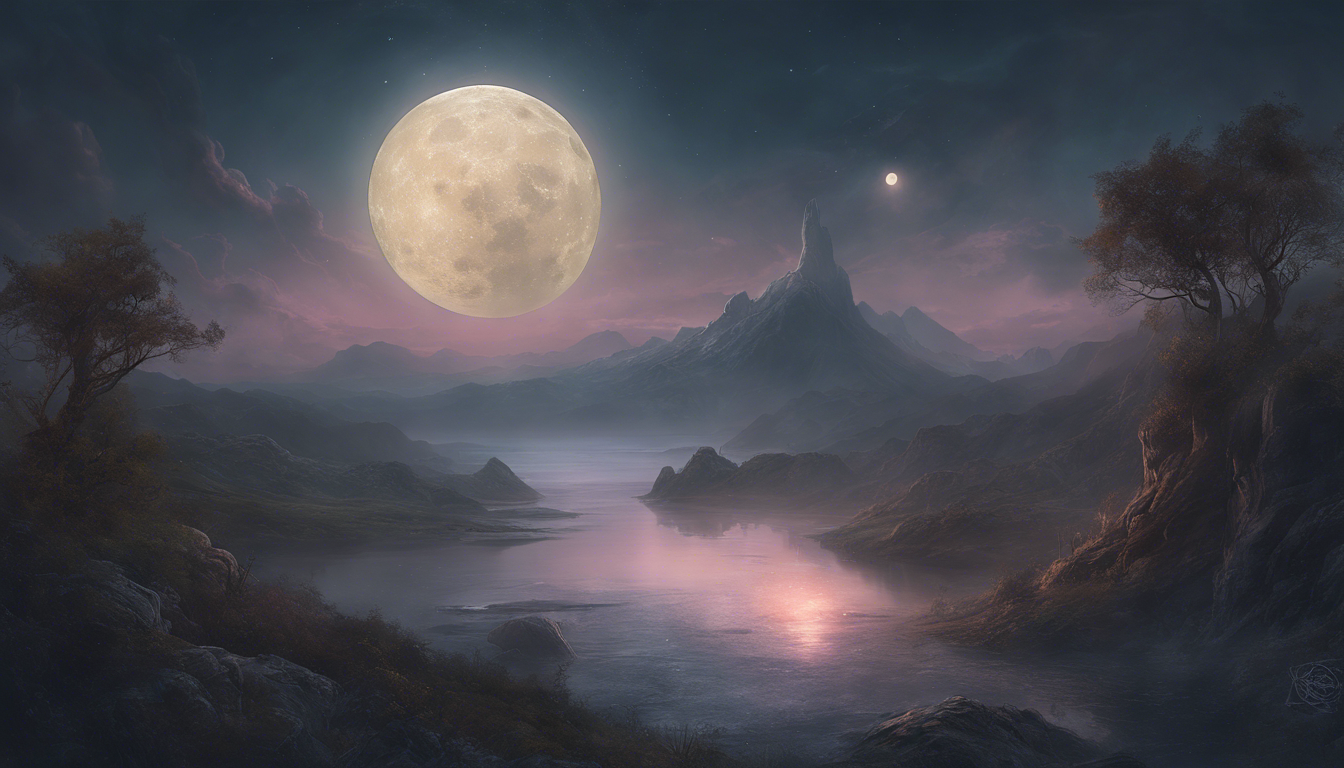
The Influence of the Full Moon on Human Emotions
The full moon has long been associated with mysterious and powerful forces. It has captivated humans for centuries, inspiring folklore, art, and even influencing our behaviors and emotions. While some consider it to be nothing more than a mythical belief, there is growing evidence to suggest that the full moon does indeed have an impact on human emotions.
Many individuals report feeling restless, agitated, or even emotionally charged during the days leading up to a full moon. This phenomenon has been observed across cultures and throughout history. Even the word “lunatic” stems from the Latin word “luna,” meaning moon, and was used to describe people who were believed to be driven mad by the lunar cycle.
The Science behind the Full Moon’s Influence
While the connection between the full moon and human emotions may seem like nothing more than an old wives’ tale, there is scientific evidence to support it. Research studies have shown a correlation between lunar cycles and various aspects of human behavior, including changes in sleep patterns, mood fluctuations, and an increase in emergency room visits.
One theory is that the gravitational pull of the moon affects the water content in the human body, just as it causes tides in the oceans. Since our bodies are made up of about 60% water, it is not far-fetched to think that the moon’s gravitational force may have an impact on us as well. This could explain why some people report feeling more emotional or experiencing difficulty sleeping during the full moon.
Harnessing the Energy of the Full Moon
Whether you believe in the influence of the full moon or not, there is no denying its captivating energy. Many people use the full moon as an opportunity for self-reflection, letting go of negative emotions, and setting intentions for the future.
One way to harness the energy of the full moon is by performing a full moon ritual. This can involve anything from meditation and journaling to creating a vision board or practicing yoga under the moonlight. The key is to connect with the energy of the moon and use it as a catalyst for personal growth and transformation.
Tips for Navigating Full Moon Energies
If you find yourself feeling more emotional or restless during the full moon, here are some tips to help you navigate these energies:
- Embrace self-care: Take extra care of yourself during this time. Engage in activities that help you relax and unwind, such as taking a bath, practicing mindfulness, or spending time in nature.
- Release negative emotions: Use the full moon as an opportunity to let go of any negative emotions or thoughts that may be weighing you down. Write them down on a piece of paper and then burn or tear it up as a symbolic gesture of release.
- Set intentions: Take advantage of the energy of the full moon to set intentions for the future. Write down your goals and aspirations, and visualize them coming to fruition.
- Connect with others: Reach out to friends or loved ones during this time. Connecting with others can help you feel supported and understood.
In Conclusion
While the connection between the full moon and human emotions may still be a subject of debate, there is no denying the fascination and intrigue it holds for many people. Whether you choose to embrace the energy of the full moon or view it as purely symbolic, it serves as a reminder of the interconnectedness of nature and our own emotional landscapes.
Folklore and Superstitions Surrounding the Full Moon
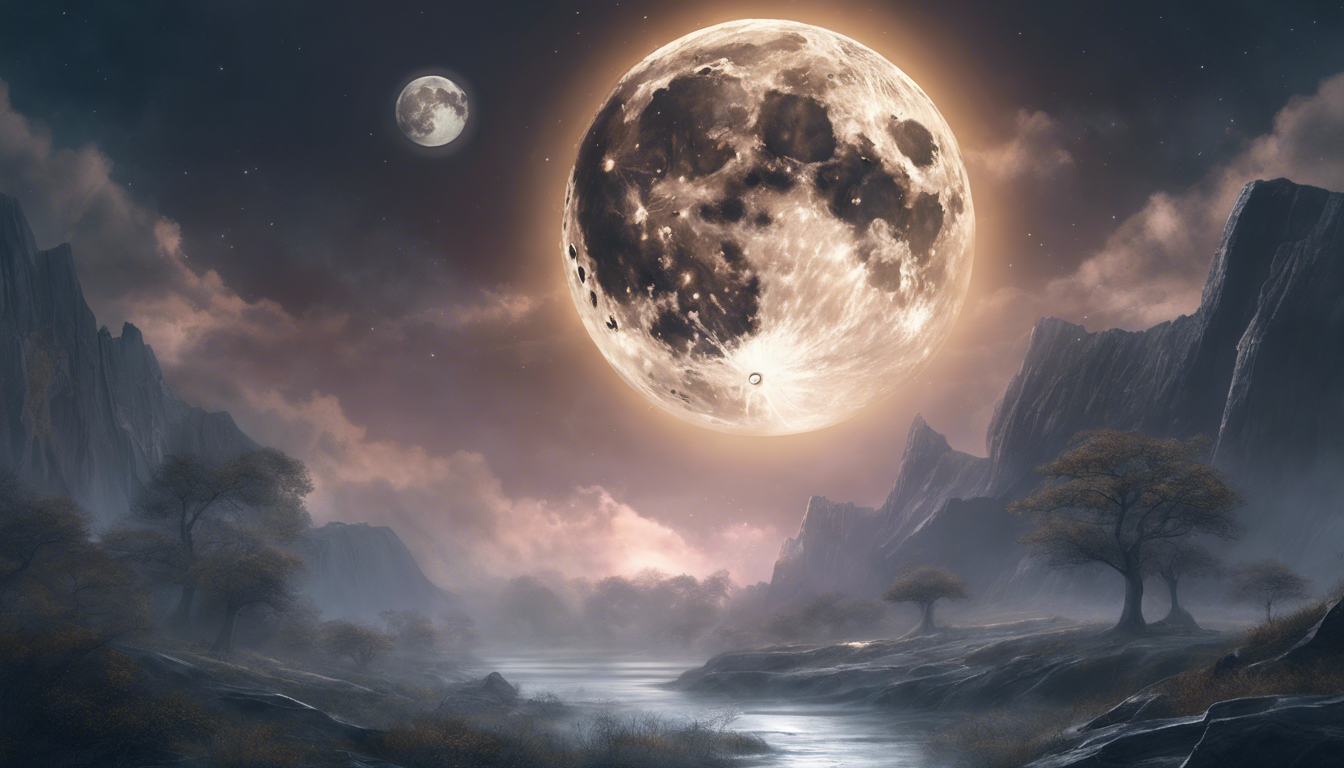
The Power and Mystery of the Full Moon
The full moon has captivated human beings for centuries with its luminous beauty and mesmerizing presence in the night sky. It has inspired countless legends, folklore, and superstitions across cultures around the world. In many traditions, the full moon is associated with mystical powers, heightened emotions, and an opportunity for personal and spiritual growth.
Werewolves and Shape-shifting Creatures
One of the most well-known superstitions surrounding the full moon is the belief in werewolves and shape-shifting creatures. According to folklore, during a full moon, these creatures emerge from hiding and roam the earth, transforming into their animal or monstrous forms. This belief has been popularized through various myths, movies, and literature.
In some cultures, it is thought that certain individuals possess the ability to transform into animals or supernatural beings during the full moon. These shape-shifters are said to have an extraordinary connection with the lunar energy, allowing them to tap into their animal instincts and powers.
Full Moon Rituals and Magic
The full moon has long been associated with magic and witchcraft. Many spiritual practitioners and witches believe that the full moon is a potent time for casting spells, setting intentions, and manifesting desires. They often perform rituals and ceremonies during this lunar phase to harness the moon’s energy and enhance their magical practices.
In Wiccan traditions, for example, the full moon is considered a time of abundance, healing, and spiritual awakening. Witches may gather in groups or perform solitary rituals to honor the moon and connect with its mystical forces. These rituals often involve lighting candles, using crystals, making potions, and practicing divination.
Love and Romance
The full moon has also been associated with love and romance in many cultures. Throughout history, it has been believed that the full moon has the power to ignite passion, intensify emotions, and enhance fertility. This belief has given rise to various traditions and rituals centered around love and relationships.
In some cultures, couples exchange vows, make love, or even get married during a full moon to ensure a happy and prosperous union. It is believed that the moon’s energy can infuse their love with passion and deepen their connection. Additionally, it is thought that conceiving a child during a full moon can increase the chances of fertility and a healthy pregnancy.
Weather and Natural Phenomena
Another interesting folklore surrounding the full moon involves its influence on weather and natural phenomena. It has been believed that the full moon can affect tides, provoke storms, and even cause behavior changes in animals. While scientific evidence may not fully support these claims, the belief remains deeply rooted in many cultures.
According to folklore, a full moon may bring about strange and unexplainable occurrences, such as sleepwalking, restless sleep, or unusual animal behavior. It is thought that the gravitational pull of the moon during this phase can disrupt the normal flow of energy, leading to these phenomena.
Eclipses and Supermoons
Eclipses and supermoons are rare and captivating celestial events that further intensify the folklore surrounding the full moon. During a lunar eclipse, when the Earth aligns with the moon and the sun, the moon takes on a reddish hue, creating a mystical and eerie atmosphere. Supermoons occur when the moon is at its closest point to Earth, appearing larger and brighter than usual.
These extraordinary events have fascinated and inspired human beings for centuries. They have been interpreted as signs of impending doom, important omens, or moments of heightened spiritual energy. Many cultures believe that performing rituals or ceremonies during these events can amplify their effects and bring about powerful transformations.
The full moon continues to captivate human imagination and inspire a wide range of folklore and superstitions. Whether it’s werewolves, love rituals, weather predictions, or supernatural powers, the full moon remains a symbol of mystery, magic, and spiritual significance. As we gaze up at the luminous orb in the night sky, let us embrace the enchantment and wonder that the full moon brings to our lives.
The Scientific Understanding of the Full Moon’s Influence
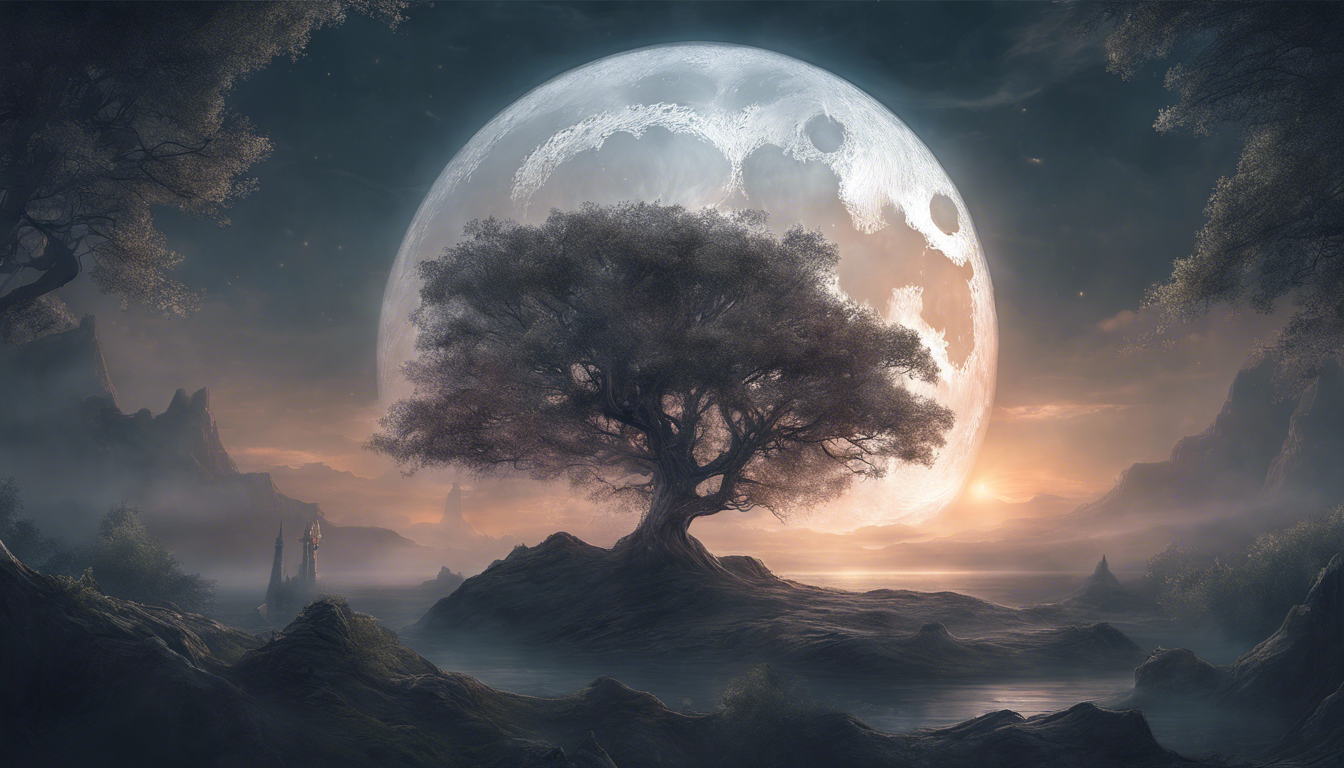
As we gaze up at the night sky, the full moon often captivates our attention with its mesmerizing beauty. But beyond its aesthetic appeal, the full moon has long held a mystical and mysterious allure for humanity. For centuries, people have believed that the full moon has a profound influence on human behavior and natural phenomena. Today, we will explore the scientific understanding of the full moon’s influence and separate fact from fiction.
How does the full moon affect human behavior?
Many ancient cultures believed that the full moon influenced human behavior, leading to increased aggression, madness, and even werewolf transformations. However, modern scientific research has failed to provide concrete evidence to support such claims.
A study conducted by researchers from the University of Basel in Switzerland examined the relationship between lunar phases and human behavior. The study analyzed data from over 3,000 individuals and found no significant correlation between the full moon and changes in sleep quality, psychiatric emergency department visits, or criminal activity.
Similarly, a meta-analysis published in the journal Psychological Bulletin compiled the results of 37 studies on lunar cycles and human behavior. The analysis concluded that there was no consistent evidence to support the popular belief that the full moon influences human behavior.
Can the full moon affect natural phenomena?
While the full moon may not have a direct impact on human behavior, some studies suggest that it can influence certain natural phenomena.
One area of research focuses on the correlation between the full moon and changes in animal behavior. For example, a study published in the journal Biology Letters found that coral reef fish exhibit altered patterns of activity and feeding during the full moon.
Additionally, studies have shown that the full moon can influence the behavior of certain nocturnal animals, such as the hunting patterns of wolves and the breeding cycles of certain insects.
The role of moonlight
One factor that may contribute to the perception of the full moon’s influence is moonlight. During a full moon, the night sky is illuminated, providing increased visibility and creating a different ambiance compared to a moonless night.
Research has shown that moonlight can affect melatonin levels in some animals, potentially altering their behavior. Furthermore, brighter nights can have ecological implications by influencing the growth and flowering of plants.
The power of perception
While scientific research may not validate the traditional beliefs surrounding the full moon’s influence on human behavior, its impact on our psyche cannot be denied. The full moon has always captivated our imagination, and its association with supernatural phenomena has been deeply ingrained in our culture.
Whether it is the mesmerizing sight of the moon itself or the power of suggestion, the full moon continues to fascinate and intrigue us. It is a reminder of the interconnectedness of nature and our innate desire to find meaning in the world around us.
In conclusion, while the scientific understanding of the full moon’s influence may not align with popular beliefs, it is essential to approach the subject with an open and critical mind. The full moon may not transform us into werewolves or cause significant changes in behavior, but its presence will always evoke wonder and contemplation.
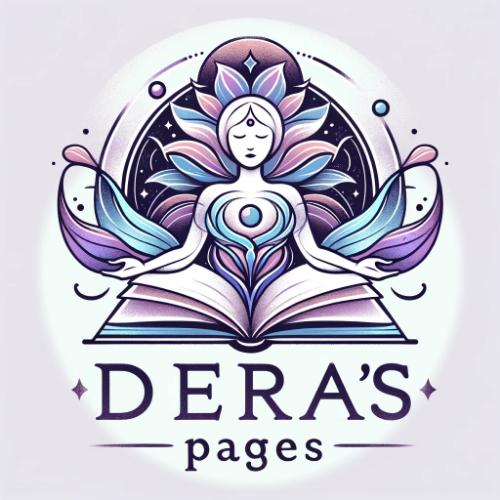
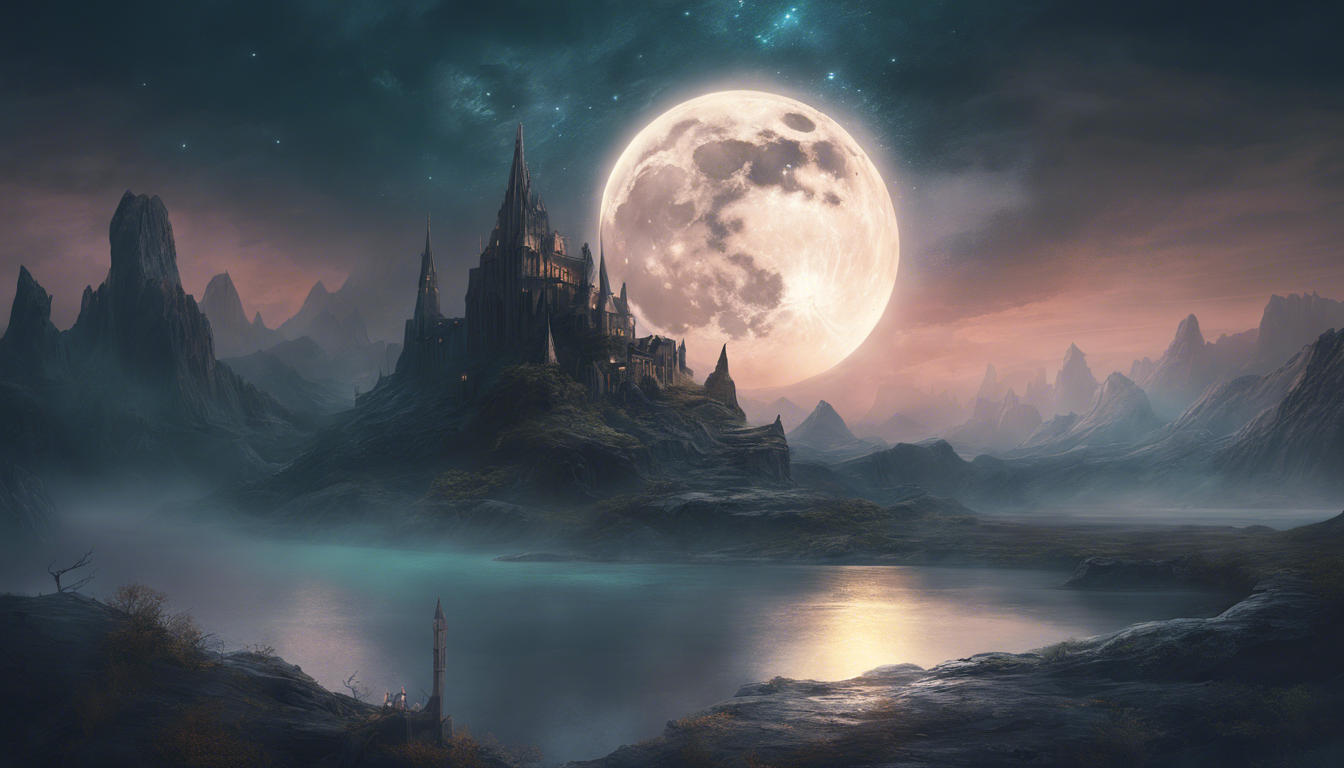
Article written by Dera
Greetings, I am Dera, a 35-year-old individual with a deep passion for spirituality. Through my website, I aim to share my insights and knowledge to help others on their spiritual journey. Join me on the path to inner peace and enlightenment.